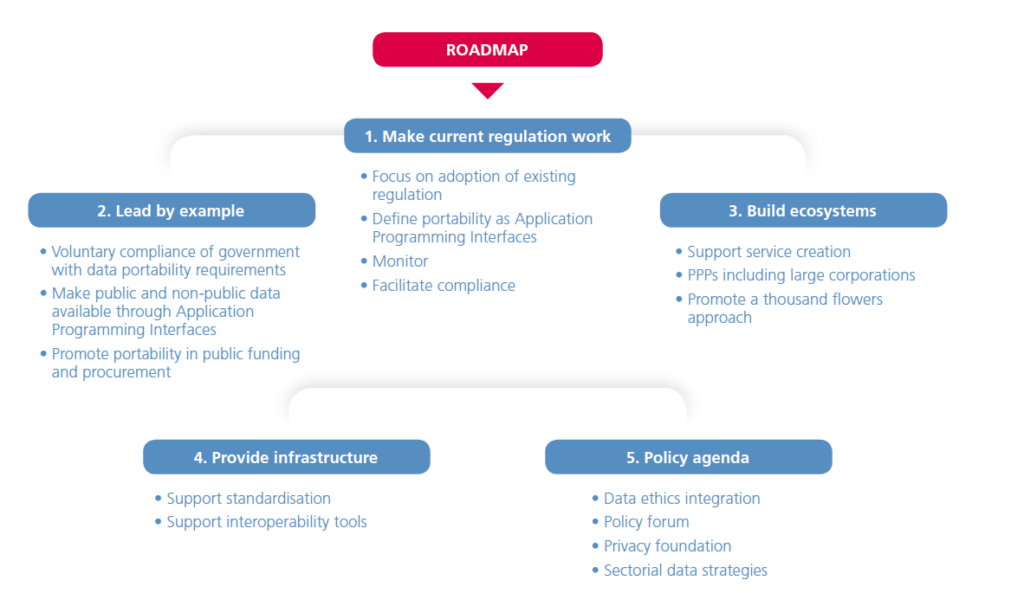‘Groundbreaking legislation
Better innovation opportunities, quicker access to comprehensive ready-combined data, smoother permit procedures needed for research – those are some of the benefits for society, academia or business announced by the Ministry of Social Affairs and Health of Finland when the Act on the Secondary Use of Health and Social Data was introduced.
It came into force on 1st of May 2019. According to the Finnish Innovation Fund SITRA, which was involved in the development of the legislation and carried out the pilot projects, it’s a ‘groundbreaking’ piece of legislation. It’ not only effectively introduces a one-stop-shop for data but it’s also one of the first, if not the first, implementations of the GDPR (the EU’s General Data Protection Regulation) for the secondary use of data in Europe.
The aim of the Act is “to facilitate the effective and safe processing and access to the personal social and health data for steering, supervision, research, statistics and development in the health and social sector”. A second objective is to guarantee an individual’s legitimate expectations as well as their rights and freedoms when processing personal data. In other words, the Ministry of Health promises that the Act will help eliminate the administrative burden in access to the data by the researchers and innovative businesses while respecting the privacy of individuals and providing conditions for the ethically sustainable way of using data.

Leading the way in the data economy
In 2017, Tekes – a Finnish government agency that activated and funded research and development projects for companies, universities and research units (now Business Finland) – estimated that, in 2030, the data economy might account for 30% of Finland’s GDP. There is excellent potential, which might be missed if the access to the data is limited or if the information is misused.
When it comes to access to the data, it is estimated that 60+ national and regional registries in Finland collect the health and social data of some sort. Some of the regional registries are in the planning phase; thus, it’s challenging to provide the precise number here. However, 60+ suggests that the data needed for some research or innovation might be difficult to obtain if located in more than one place.
The aim is to balance privacy with innovation and to introduce a human-centric approach to the data
What about the risk of data misuse? Health and social data are considered sensitive data. At the same time, it’s valuable information that can support healthcare and social welfare processes and systems, development of new medicines or technology promoting health.
The Act addresses those challenges. It supports the Finnish vision of the fair economy based on data, promoted in Europe by SITRA (check A Roadmap for a Fair Data Economy here). Thanks to the legislation and substantial leverage from the various ministries, organisations and businesses, Finland has a chance to be a pioneer in data economy in the EU. The fact that it is the most digitally advanced nation in Europe, according to the European Commission’s Digital Economy and Society Index (DESI) published in June, only helps. In DESI, Finland ranked highest in digital public services and human capital and finishing first in several key subsectors, including 5G and e-health services.
How will the legislation work in practice?
The Act came into force in May 2019, which marked the beginning of the transition period. During that time, the data permit authority which will grant the data permits in a centralised manner will be established. It should begin operations next year. It’s important to mention that the access to data will be controlled and only the results of the analytics will be used externally. The data will stay secure, and all processing will happen in a safe user environment.
If all goes well – and it does not seem there will be bumps on the road – the Act will speed up the permit-granting processes for planning, research and innovations, unify currently fragmented decision procedures and develop Findata − a one-stop-shop for data. Thanks to this internationally unique legislation, Finland is taking the leader’s position in linking information and knowledge management to digitisation, experimentation, openness and integration of services.
Is it perfect?
The limitation of the Act is that it applies to the health and social data collected already in the registries and that the consent for the data use is centralised and beyond the individual’s control. The personal health and social data generated daily during exercise, shopping and other activities is another asset that could be used by the public and private sector to improve the life and health of the people. This can only be achieved with a cohesive and transparent data infrastructure and protections that balance privacy with innovation and must be based on the human-centric approach to the data, where the individual has the power to decide how their data is being used. The idea was explored by the Digital Health Revolution project (2014-2018) and is now the critical topic of the MyData Global, a non-profit organisation based in Helsinki. It also aims to “empower individuals with their personal data, thus helping them and their communities develop knowledge, make informed decisions, and interact more consciously and efficiently with each other as well as with organisations.”






